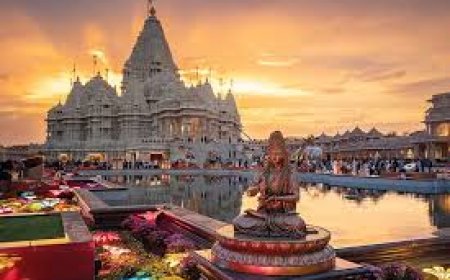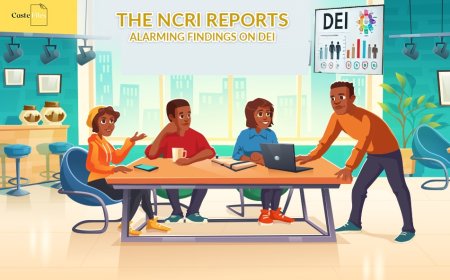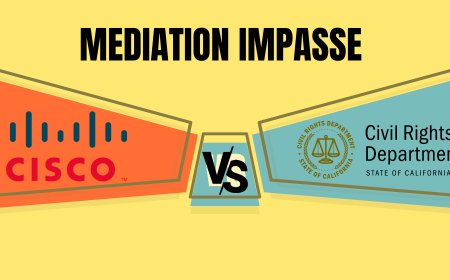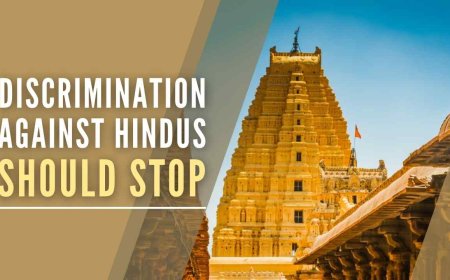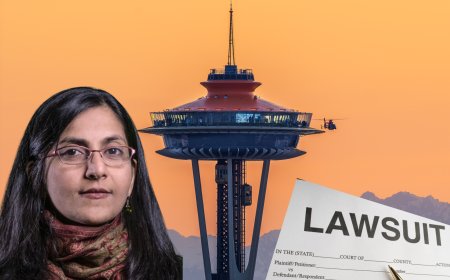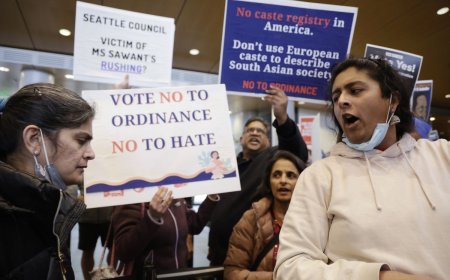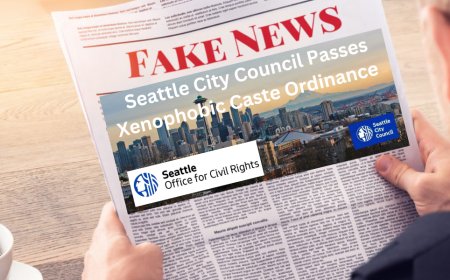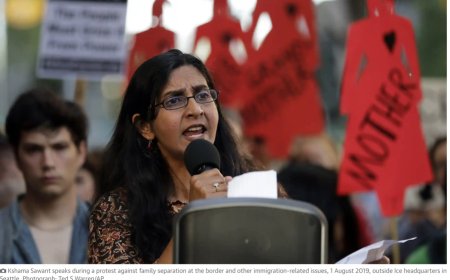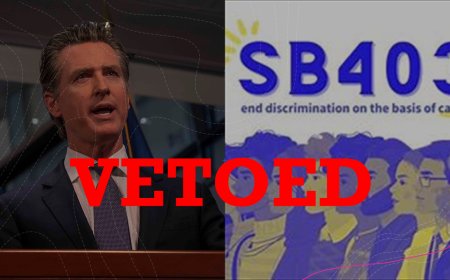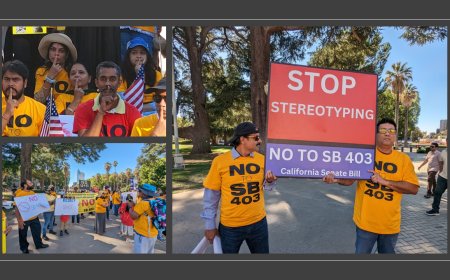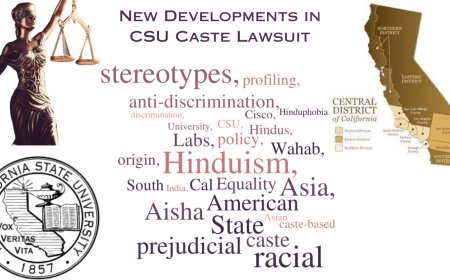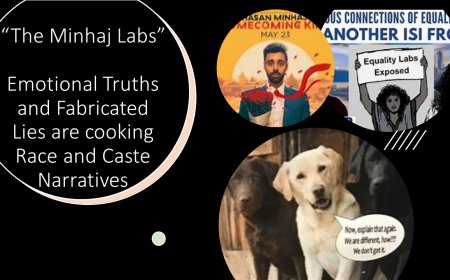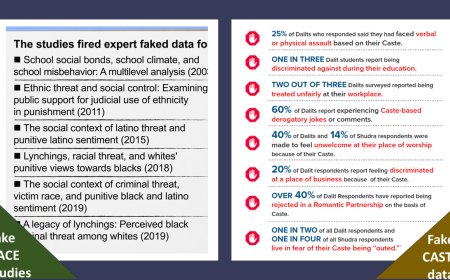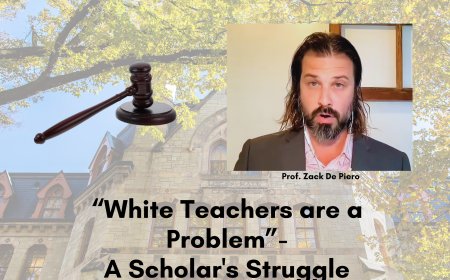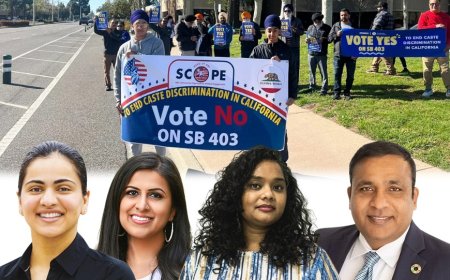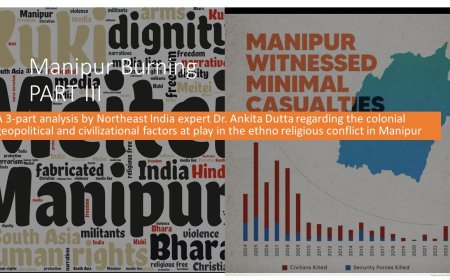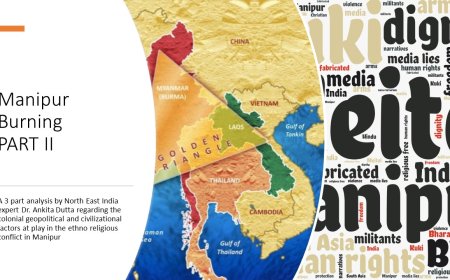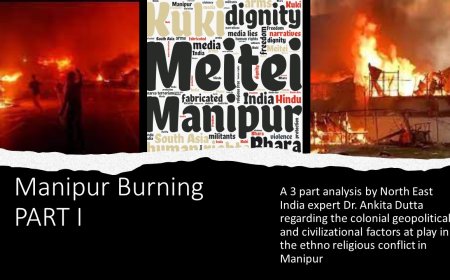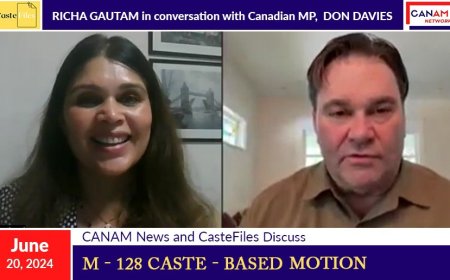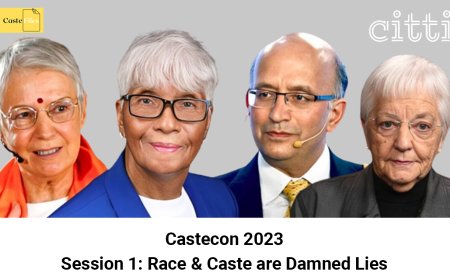Educate Americans - Caste Also Prevails Among Other Faiths in India
A landmark first-of-a-kind conference Castecon 2023 was held in San Francisco, convened by Pandit Satish Sharma and Richa Gautam with the leadership and support of a grassroots team. This was the first such event where many important voices against the caste bill SB403, came on a common platform to raise their concerns about the false caste allegations on the Hindu American community. Castefiles will print a series of articles with key excerpts from the Castecon conference.
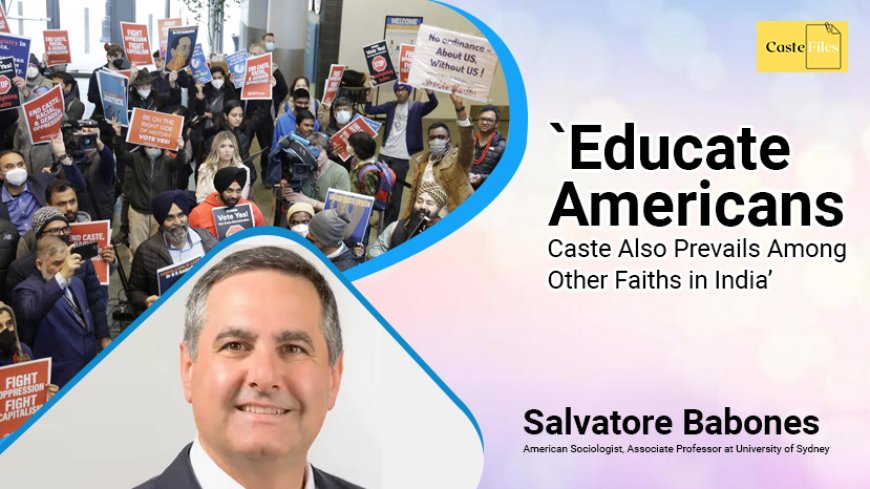
The problem is that in the American context, you can't fight the Caste discrimination issue by simply denying that Caste discrimination exists. You also can't fight it in the court of public opinion by saying that Caste is a Hindu issue and thus it breaks the First Amendment of the US Constitution to focus on Caste. That might work in a court. I'm not a lawyer. It is not going to work in the court of public opinion.
Americans are always ready to fight injustices and if you are going to win this challenge, you have to educate non-Indian Americans about Caste. So, the first thing to educate them on is when you are talking about Caste in America, we are talking about Jati. I would even encourage you to try to shift the term from Caste to Jati. The Varna system is very inspiring to many people, we heard several talks about Varna just now, but Varna is not the target of this legislation. The target legislation is endogamous caste groups reflected in last names, reflected in people’s community identity, this is about Jati. So, the first suggestion is you should shift the debate to Jati.
More importantly, you should emphasize that caste discrimination is a historical Indian problem. It is not a Hindu problem, which is to say, Caste is something that comes out of India. It is not something that comes out of Hinduism.
And so, when you talk about Varna, yes, you can make strong connections between Hindu scriptures and the Varna system. But the Varna system is not Caste, as defined in India by the Constitution. As we mean, in the cases that we have had in the US, what we are talking about when we talk about Caste is Jati. And that's why I encourage you to strongly distinguish between Varna as a Hindu system and Caste as an Indian system.
I emphasize that because a survey by Pew Research Centers of religion in India shows that most Muslims in India have a caste, and identify with it. Nearly, all Sikhs identify with some Caste. A large number of Indian Christians, about one-third, have a caste identity when asked in surveys.
This is although in India, Jati or Caste is not recognized for Muslims, Sikhs, and Christians because, in principle, they are outside the system. And, if you want to know about Caste, there are 1108 Scheduled Castes, 744 Scheduled Tribes, and 2479 Other Backward Castes. All of this applies to Muslims just as much as it applies to Hindus.
In India, they are not listed because Muslims can’t get a reservation for caste. But that's a distinct attribute of Indian law; that's not the social reality of caste. The social reality is that Muslims have a Jati. There are Rajput Muslims. There are Muslims in many Jatis in India. Again, Sikhs have identified with one Jati or another, and most Christians are also identified with a Jati.
Prof. Salvatore Babones –American Sociologist, Associate Professor at the University of Sydney

